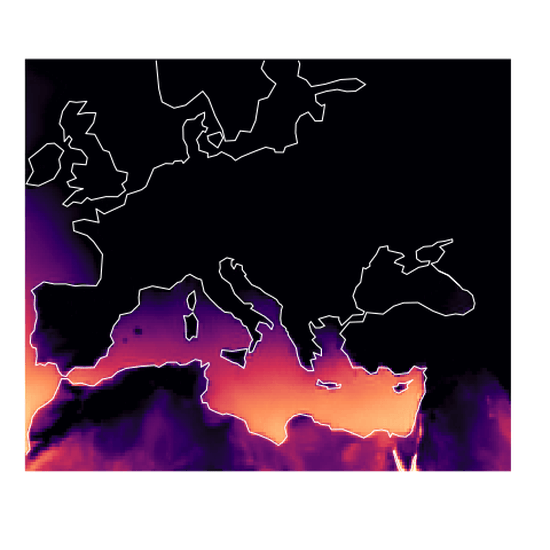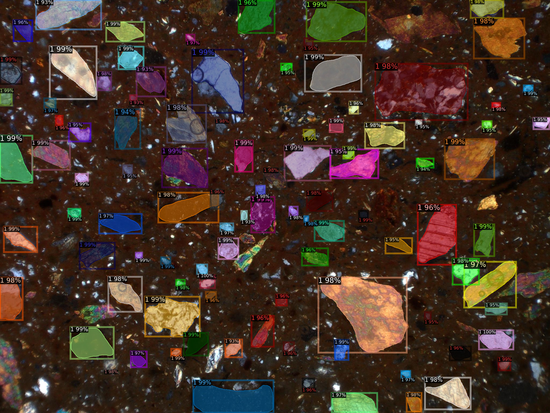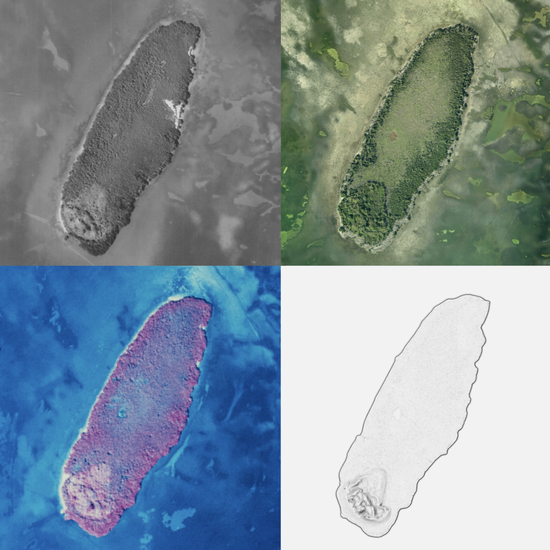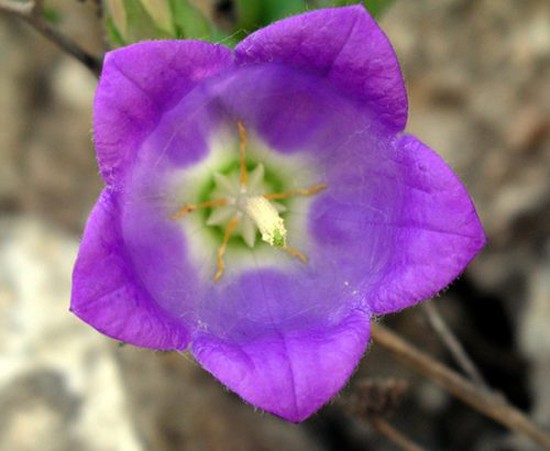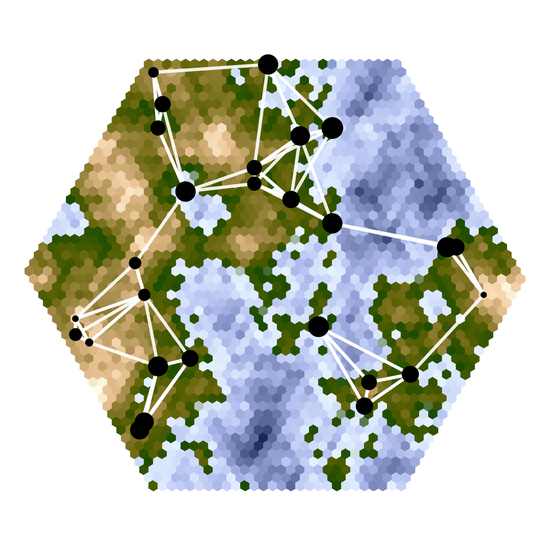Nicolas Gauthier
Assistant Curator, AI for Cultural and Biological Diversity
Florida Museum of Natural History
Department of Anthropology
Department of Geography
School of Natural Resources and the Environment
Emerging Pathogens Institute
University of Florida
Biography
I am an anthropologist, geographer, and Earth system scientist who uses methods and tools from the geosciences to study past and present human societies. I specialize in building models of coupled natural-human systems, focusing on the feedbacks between population growth, food production, and climate change over the past 10,000 years. My work has been featured in popular press outlets such as the New York Times, Washington Post, and Cosmos Magazine.
I am the Assistant Curator of Artificial Intelligence for Cultural and Biological Diversity at the Florida Museum of Natural History at the University of Florida. I am seeking creative graduate students and postdocs in geography or anthropology who want to use machine learning, agent-based modeling, and other computational methods to answer big questions at the intersection of the natural and social sciences. Please email me for more information on current opportunities in my lab. Please fill out this form if you are a student at UF and interested in volunteer positions in my lab.
Download my CV or scroll down for more information.
Interests
- Human Ecology
- Complex Systems
- Climate Dynamics
- Social-Ecological Networks
- Environmental Data Science
Education
-
PhD in Anthropology, 2019
Arizona State University
-
MA in Anthropology, 2015
Arizona State University
-
BA in Archaeology, 2013
Boston University
